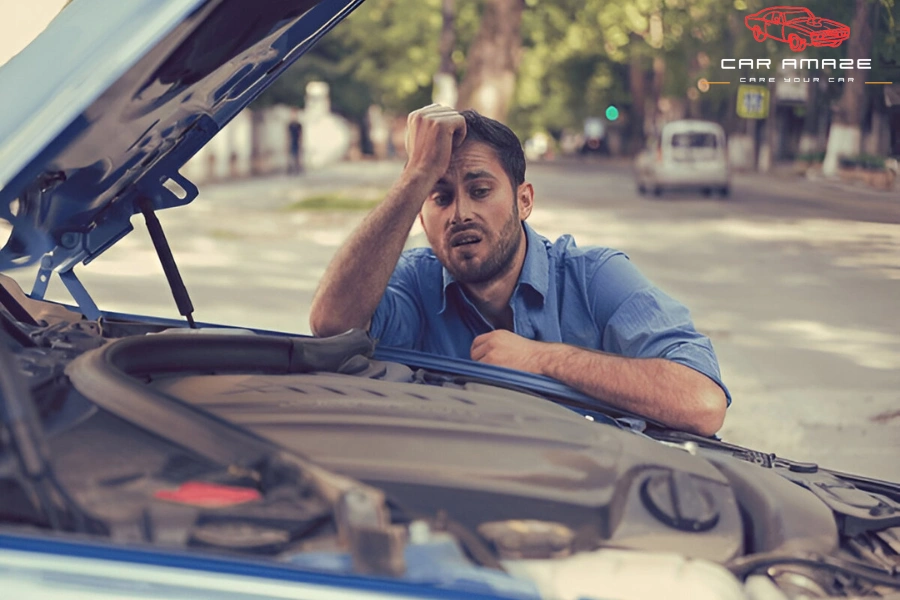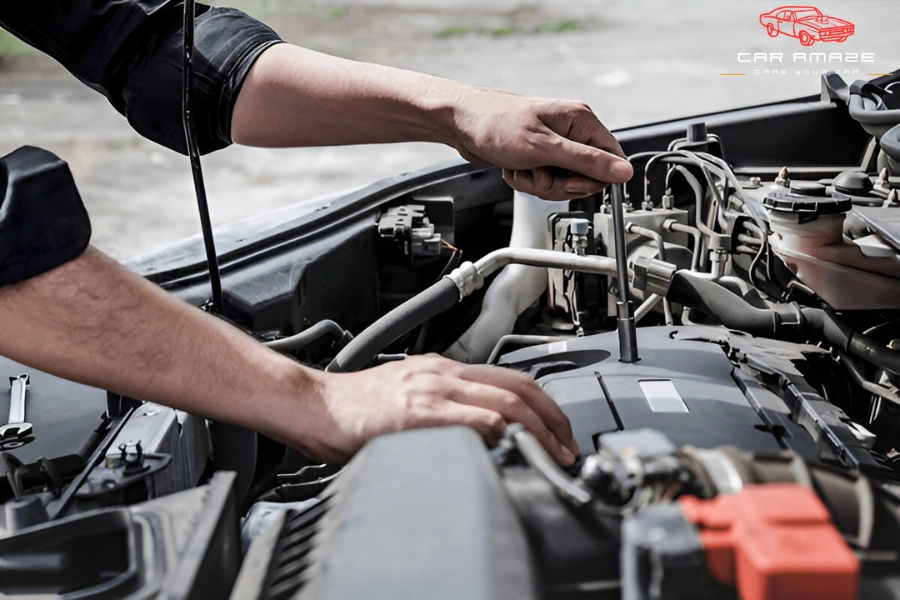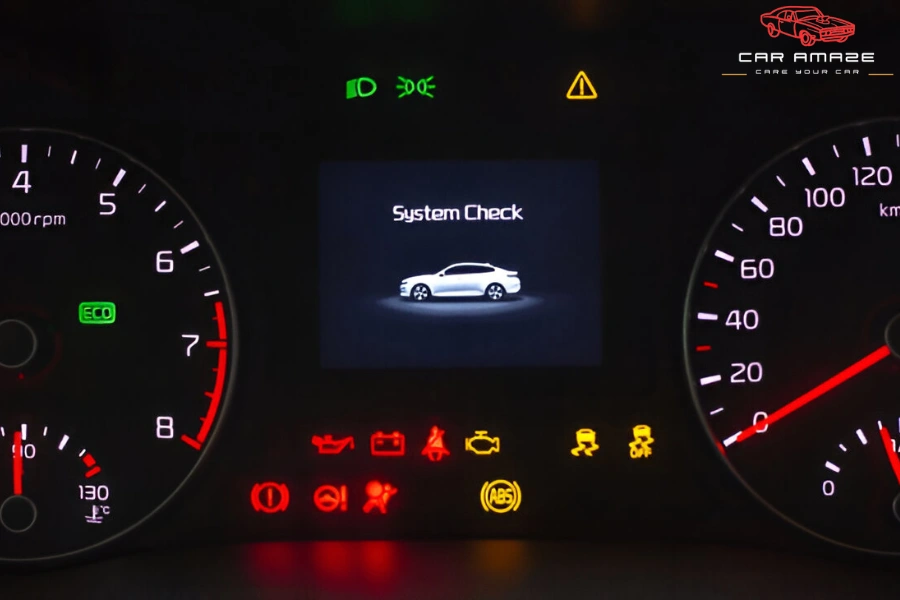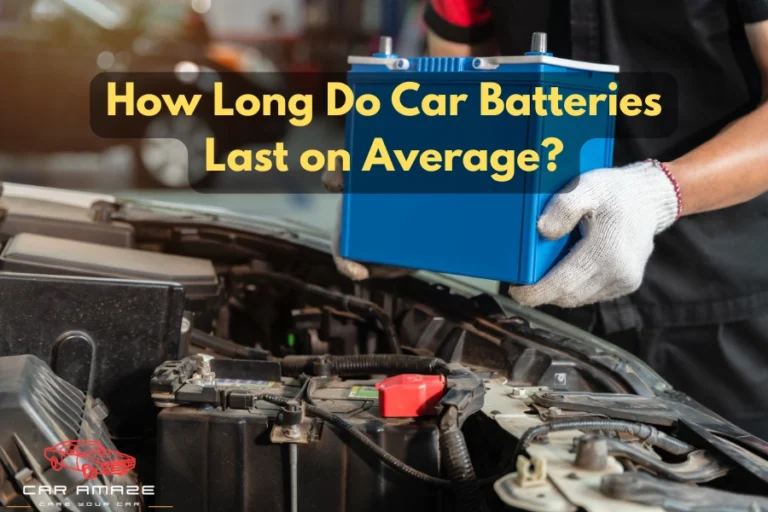How to Find Out If Your Car Is a Lemon (Before It’s Too Late)

Buying a car is an exciting experience, but you must learn how to find out if your car is a lemon. If the car turns out to be a lemon, you will experience frustration and serious issues with the car. Read this guide thoroughly to learn how to know if a car is a lemon, what to do if you suspect the car is a lemon, and what makes a car a lemon.
Table of contents
- Define a Lemon Car
- How to Find Out If Your Car Is a Lemon: Key Indicators
- What to Do If You Suspect Your Car Is a Lemon?
- Essential Tips to Avoid Buying a Lemon Car
- Lemon Laws and Consumer Rights in Your State
- Conclusion
- FAQs
Define a Lemon Car
So, what is a lemon car? In short, a lemon car is one that has serious issues that make it unsafe and reduce its value. These cars will often stay in the repair shop and continue to cause problems despite professional repairs. There are lemon law firms in the United States that protect buyers who end up with these faulty vehicles. According to USA Lemon Law, if someone gives you a lemon car, you are allowed to get a replacement, refund, or other help.
How to Find Out If Your Car Is a Lemon: Key Indicators
Are you buying a new car and wondering how to find out if your car is a lemon? Lemon cars have many serious issues that do not go away even after repair. Here are the top indicators of a lemon car:
Engine and transmission problems
If you experience a car overheating when idle, feel low engine power, or the transmission doesn’t shift smoothly, the car could be a lemon. Engine and transmission are essential parts, so faults in these areas are a big red flag.

Electrical issues that can indicate a lemon car
There are some structural and electrical issues that indicate the signs of a lemon car. Some of them are flickering lights, power windows not working, wrong warning lights indication on the dashboard, improper functioning of brake lights, etc. These problems are expensive to fix and sometimes not repairable, especially for rare car models.
Is the car constantly in the shop?
If your car spends more time in the repair shop and faults appear repeatedly, this could be a sign of a lemon. Frequent repair needs for the same issue are not normal and indicate that something is wrong with the car.
Unusual noise and vibrations
Strange noises from the engine, transmission, and other parts are also an indication of a lemon car. During the test driving, focus on the sounds like knocking, grinding, or squealing. If you hear any of such sounds when accelerating or braking, the car may be a lemon.
Frequent brake or steering malfunctions
Malfunctioning brakes and steering are other signs of a lemon car. If you notice such issues in a car, we strongly recommend you not buy it. Driving such cars on the road is dangerous for you as well as for other drivers on the road.
Recurring faults in the car
Still, wondering how to find out if your car is a lemon? If the main components of your car keep breaking or malfunctioning, the car might be a lemon. Look for recurring faults in the air conditioning, fuel system, or other components.
How to find out if your car is a lemon with professional Inspection
If you are unable to inspect the car, consider hiring an expert mechanic for inspection. Skilled mechanics can help you identify whether the car is a lemon or not.
Persistent dashboard warning lights
If the warning lights frequently appear on the dashboard, it is a sign of a deeper problem. These warning lights may be signs of serious failure in the engine, ABS, or other electric components.
If you have bought a lemon car, repairing or selling it might be a hurdle. So, can you trade in a damaged car? The answer is yes, but you might face difficulties or get a very low price.

What to Do If You Suspect Your Car Is a Lemon?
If you have bought a lemon car, here are some things that you can do to protect your rights:
Contacting the dealership
The first thing you can do is reach out to the dealer where you purchased the car. Make a list of all issues showing that the car is a lemon and tell them about this. The reputable and professional dealer might offer help or suggest next steps.
Documenting Issues and Repairs: Building Your Case
Create a detailed document showing the type and extent of issues in the car. This inspection document will help you build a case if you need to prove your car is a lemon. There are some seasonal or environmental damages to cars that might not be considered a sign of a lemon car.
Hail Damage: For example, if the exterior of a car is slightly damaged by hail or snow, you can’t count it as a lemon. However, before purchasing such a car, you must decide: Is it worth fixing hail damage on a car? This will help you make sure that you buy good value for money.

Seeking professional help
Sometimes, it is best to consult with a professional to help you deal with a lemon car. A mechanic or legal professional can confirm if your car qualifies as a lemon.
Filing a complaint for a lemon car
If you want to file a lemon car complaint with the consumer protection office in the USA, having a vehicle history report is helpful. You can either consult with a professional to acquire a report or visit online sites in the USA like the National Motor Vehicle Title Information System.
Gather evidence to prove your car is a lemon.
You must prove that your car is a lemon to begin the negotiation with the dealer of the file case. Gather repair receipts, notes from mechanics, and any other evidence of a lemon car.
Check the car warranty options
Check whether the warranty covers the lemon car repairs or not. Warranties can help reduce repair costs and may cover replacement options. If the damage is not repairable and the vehicle is totally unsafe to drive, the warranty will not help you.
When to consider legal action for a lemon car
If the dealership does not cooperate even after showing proof, you can take legal action. Make a detailed report of all the evidence of a lemon car and consult with a lawyer to help you under lemon laws in the USA.
Essential Tips to Avoid Buying a Lemon Car
It is best to prevent the problem before it starts. Here are some tips to help you identify a lemon car before purchasing:
Check the car’s history
Always check the car’s history report before purchasing a car from any dealer. This report will show the history of big and small accidents and repairs. This information will help you figure out whether the car is a lemon or not.
Inspect for mechanical issues
Start the car engine and figure out whether the car hesitates when accelerating or not. Check the transmission and drive the car to identify mechanical issues. Moreover, examine the car for any signs of wear, leakages, strange noises, or rusks.
Test drive thoroughly
Take the car for a test drive and test its performance at different speeds and conditions. During the test ride, you must also do a brake and light inspection for salvage cars.

Bring a trusted mechanic
Still wondering how to find out if your car is a lemon. Consider taking expert mechanics with you to identify the mechanical and electrical issues in the car.
Research common model problems
There are some car models that are prone to some mechanical or electrical issues. To find out if the car is a lemon or not, research a similar model to see if it has common issues.
Verify warranty coverage
Another safety measure is to buy a car that has a warranty that covers repair. This will help you a lot if you mistakenly buy a lemon car.
Know your lemon laws
Having a deep knowledge of the lemon laws in the USA can help if you buy a lemon car. If the dealer does not cooperate with you, knowing these laws will help you effectively take legal action against the dealer.
Lemon Laws and Consumer Rights in Your State
Every state in the US has its own lemon laws that protect buyers. There are special laws in each state that help users get a replacement, refund, or repair for a lemon car. Therefore, if you end up buying a lemon car, check your state law and take action accordingly.
Conclusion
Nobody wants to end up with a lemon car. Therefore, before buying the car, you must know how to find out if your car is a lemon. Whether it is avoiding buying the lemon car or taking action if you end up buying the lemon car, you now know what to do. When purchasing the car, focus on the key indicators of a lemon car and look for common signs mentioned in this guide.
FAQs
What does it mean when a car is a lemon?
A lemon car is the one that has serious and ongoing problems about the performance, safety, or value. The issues in the lemon car are mostly permanent, and some may require frequent repairs.
How do I know if my car is a lemon?
Look for signs like repeated breakdowns, frequent repairs for the same problem, strange noises, or persistent warning lights. If you are unable to find out if your car is a lemon, consider getting help from an expert mechanic.
What should I do if I suspect my car is a lemon?
Create detailed records of repairs and issues and also gather the vehicle history report. First, try to talk with the dealer because a good dealer will cooperate with you. Otherwise, consult a lawyer or file a complaint under your state’s lemon laws.
Can I return a lemon car?
Yes, under the USA lemon laws, you are eligible for a refund, replacement, or repair. The specific requirements and procedure depend on the requirements of your state.
How can I avoid buying a lemon car?
To avoid buying a lemon car, check the car’s history, inspect for mechanical issues, take a thorough test drive, and consult with a pressure car expert.







